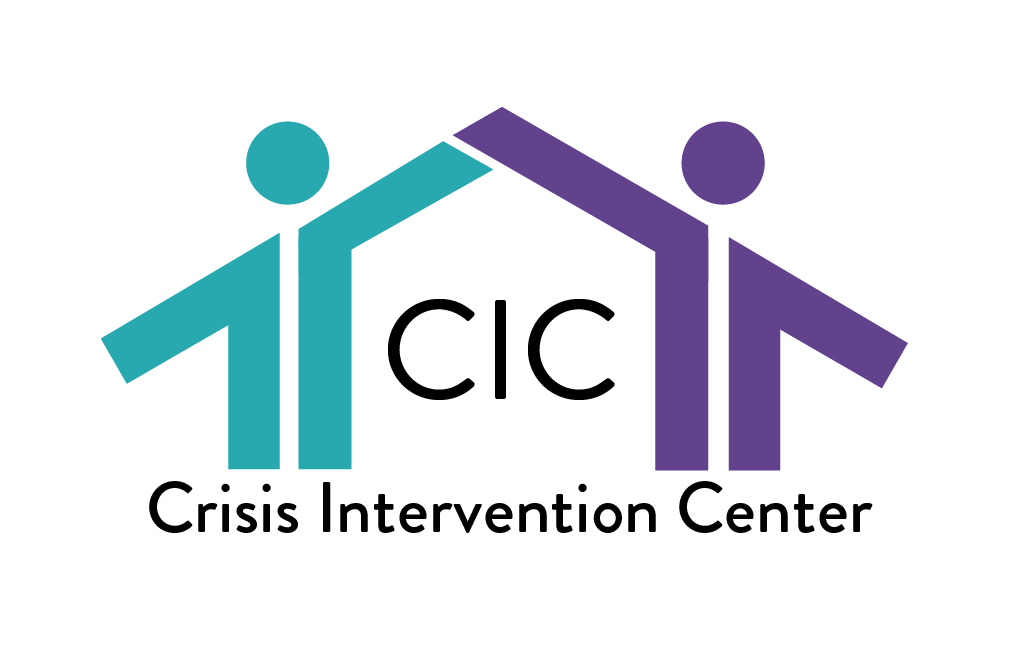Are you in an abusive/unhealthy relationship?
If you think your relationship is unhealthy or abusive, there’s help!
LoveIsRespect.Org is a national website that provides 24x7, free and confidential information and help for teens who find themselves in an abusive relationship. Contact their national hotline at 1-866-331-9474 or go to their website and chat online with an advocate right now.
Learn about dating violence to prepare yourself to deal with this complicated issue that affects 1 in 3 teens every year. You’re not alone. Always remember there’s people you can trust that offer free and confidential support. Below are some resources that provide tons of information on dating violence, all for the purpose of helping you when you need it!
Are you unsure if your relationship is abusive/unhealthy?
If you’re not sure if your relationship is healthy or unhealthy, take the below quiz.
Dating can be confusing, especially when we’re being abused or manipulated. One “yes” to the below questions may not indicate an abusive relationship, but if you answered “yes” to three or more of the below questions, please talk to a counselor or trusted adult. Or, contact the national advocates, free and confidentially, at LoveIsRespect.Org.
Does your boyfriend/girlfriend…
- Constantly check in on you?
- Lie to you?
- Not let you talk to the opposite sex?
- Threaten to hurt him/herself?
- Lose his/her temper quickly?
- Embarrass you in public?
- Force you to have sex?
- Keep you away from your friends?
- Look at your phone? Check your messages?
- Does anything that scares you in any way?
Do you know someone or have a friend/family member in an abusive/unhealthy relationship?
If you know someone in an abusive or unhealthy relationship and want to help, listed below are some things you should and should not do.
You SHOULD:
- Tell your friend you are concerned for their safety and health.
- Be supportive and let your friend know you are there to help and listen.
- Tell your friend they do not deserve to be abused.
- Become informed about abuse and what community services are available.
- Encourage your friend to talk to someone who can offer counseling and guidance.
- Focus on your friend’s strengths.
- Avoid judging your friend. (They may break up and go back to the relationship multiple times. On average 7 to 8 times before finally leaving. It’s hard…and complicated.)
- Remember that you can’t rescue your friend.
You Should NOT:
- Tell your friend what to do.
- Criticize your friend for staying. (They’ve probably already been made to feel bad enough about themselves.)
- Not believe your friend’s story
- Confront the abuser
- Gossip about it
- Try to be a counselor

